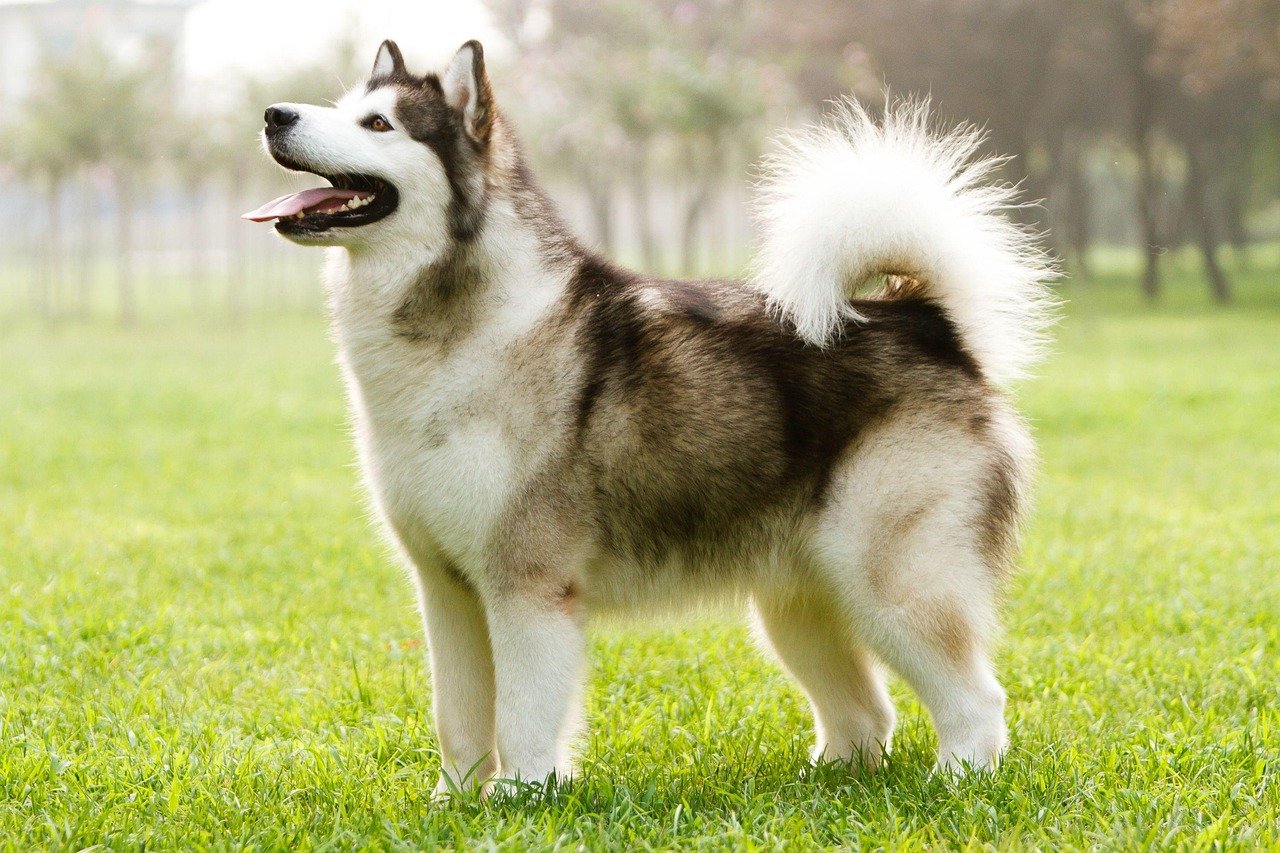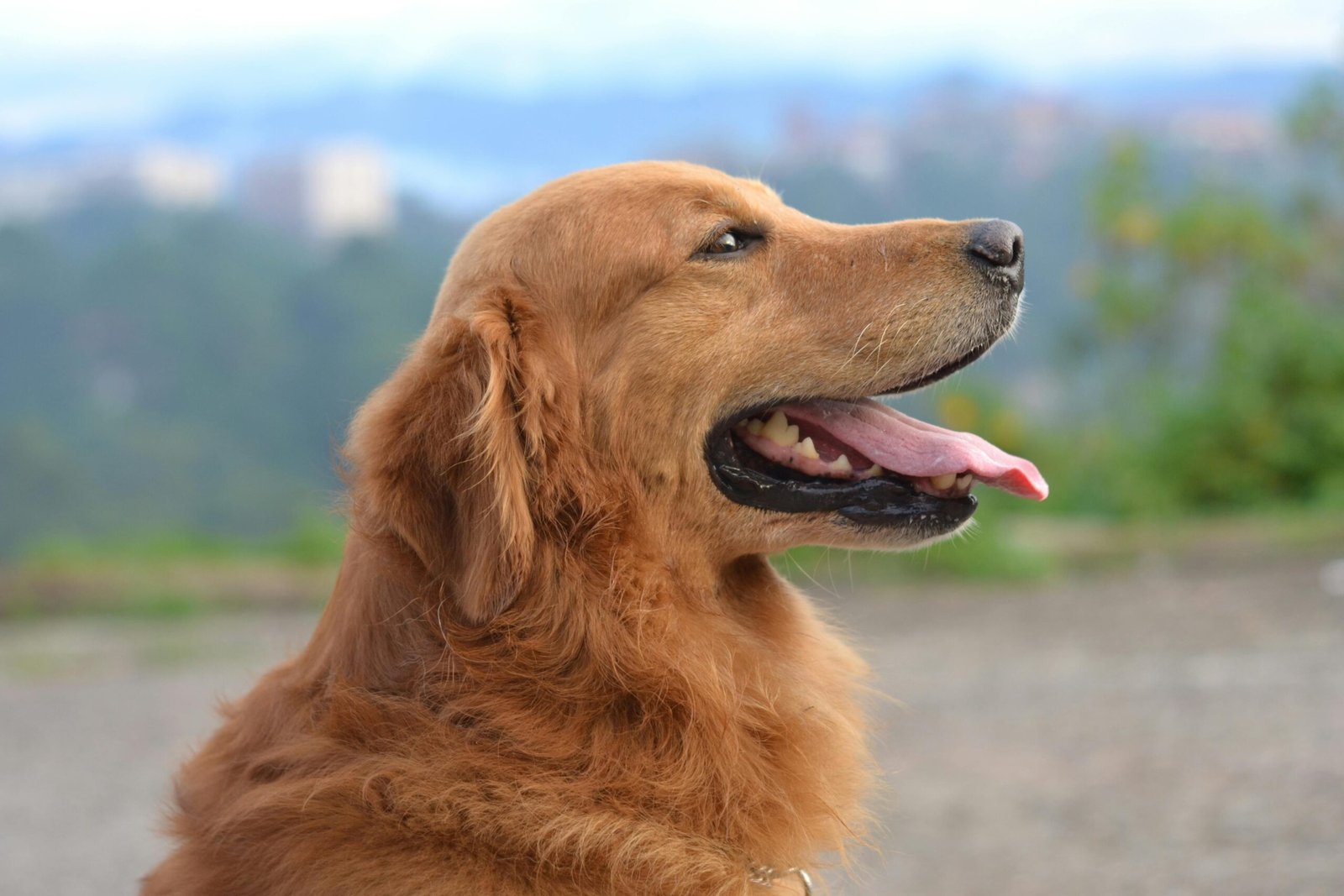Introduction
Beagles and Basset Hounds are two of the most popular scent hound breeds, admired for their adorable looks, keen noses, and charming personalities. While they share similarities as hunting companions, their differences in energy, size, care needs, and temperament make each breed better suited for certain households. If you’re considering a hound as your next family companion, this in-depth guide compares Beagles and Basset Hounds across history, appearance, personality, health, and lifestyle fit.
Breed Origins
Beagle: Beagles trace their roots to England, where they were bred in the 1500s for hunting small game such as rabbits and hares. Their compact size and incredible scenting ability made them excellent pack hunters. Over centuries, Beagles became popular companions for both hunters and families due to their friendly personalities.
Basset Hound: The Basset Hound also originated in France and Belgium, developed in the 16th century for hunting small game on foot. Their name comes from the French word “bas,” meaning “low,” describing their short legs and ground-hugging build. Bassets were bred to track scents slowly and methodically, making them ideal hunting partners who didn’t require riders on horseback.
Appearance and Size
Both breeds have long ears and soulful eyes, but their physical builds are quite distinct:
- Beagle: A small-to-medium breed weighing 20–30 lbs and standing 13–15 inches tall. Beagles have a lean, athletic build, short coat, and the classic hound tri-color pattern (black, white, and tan) though they come in other variations.
- Basset Hound: Larger and heavier, weighing 40–65 lbs but standing only 11–15 inches tall due to their short legs. Their elongated bodies, droopy eyes, and long, low-hanging ears give them their distinctive look. Their coat is short and dense, with common colors including tri-color and lemon-and-white.
Temperament and Personality
While both breeds are affectionate and loyal, their personalities differ:
- Beagle: Cheerful, curious, and full of energy. Beagles are social dogs that thrive in households with children and other pets. They are playful and adventurous, always following their noses. However, this curiosity can make them prone to wandering if not contained by a secure fence.
- Basset Hound: Gentle, laid-back, and charmingly stubborn. Bassets are affectionate with family but tend to be more relaxed than Beagles. They are content lounging on the couch after short bursts of activity. Their slower pace and mellow nature make them great companions for calmer households.
Exercise Needs
Energy levels are one of the biggest differences between these two breeds:
- Beagle: Highly energetic and needs at least 1 hour of daily exercise. Long walks, runs, or play sessions are essential to prevent boredom and destructive behaviors. Beagles love scent games and thrive in agility or tracking sports.
- Basset Hound: Requires moderate exercise — typically 30 minutes to 1 hour daily. Bassets enjoy leisurely walks and scent-tracking games but lack the stamina of Beagles. Too much activity can strain their joints and backs due to their elongated build.
Training and Intelligence
Both breeds are intelligent but can be stubborn, especially when distracted by scents:
- Beagle: Quick learners but independent. They require patient, consistent training with positive reinforcement. Food rewards are especially motivating. Beagles may test boundaries, so firm but fair training is essential.
- Basset Hound: Equally stubborn, often slower to respond to commands. Their calm nature means they’re less driven than Beagles, but they still respond well to positive reinforcement. Owners need to embrace patience and consistency with Basset training.
Grooming and Maintenance
Both Beagles and Bassets have short coats, but their grooming needs differ slightly:
- Beagle: Low-maintenance coat. Weekly brushing is usually sufficient to remove loose hair and maintain shine. Regular ear cleaning is important, as floppy ears can trap moisture.
- Basset Hound: Moderate grooming needs. Their short coat sheds year-round, and their long ears require frequent cleaning to prevent infections. Skin folds around their face may also need attention to avoid irritation.
Health Considerations
Each breed has specific health risks potential owners should be aware of:
- Beagle: Generally healthy but prone to hip dysplasia, epilepsy, hypothyroidism, and obesity if not exercised enough. Lifespan averages 12–15 years.
- Basset Hound: Susceptible to ear infections, obesity, bloat, and orthopedic issues due to their long backs and short legs. They also have a slightly shorter lifespan of 10–12 years.
Family Compatibility
Both breeds are good family dogs, but their suitability varies with household activity levels:
- Beagle: Best for active families who enjoy outdoor activities and have the time to provide plenty of stimulation. Beagles are wonderful with kids and other pets, making them ideal companions for energetic households.
- Basset Hound: Great for families who prefer a more relaxed lifestyle. They are affectionate and patient with children but do not demand constant activity. Their laid-back nature makes them excellent companions for older adults or quieter homes.
Lifestyle Suitability
Choosing between a Beagle and a Basset Hound depends largely on your lifestyle:
- If you’re looking for a playful, energetic companion to join in adventures, the Beagle is the better match.
- If you prefer a calm, affectionate, and easy-going dog that enjoys shorter walks and longer naps, the Basset Hound may be the perfect fit.
Conclusion
Beagles and Basset Hounds may share a common hound heritage, but they offer very different ownership experiences. The Beagle is an energetic, curious explorer, perfect for active families who can keep up with their needs. The Basset Hound is a gentle, mellow companion, ideal for those who appreciate a relaxed pace of life. Both breeds are loving, loyal, and bring their own charm to the household. Ultimately, the choice comes down to whether you prefer the lively spirit of the Beagle or the laid-back loyalty of the Basset Hound.



